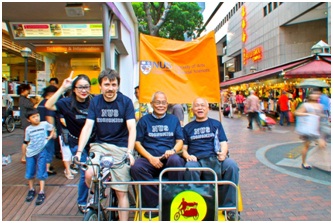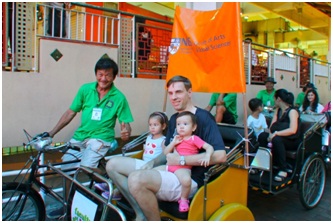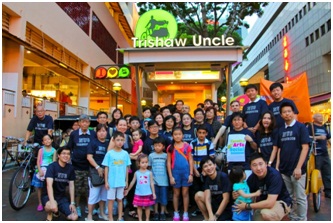If you have 3 or more semesters to go before graduation, we invite you to consider the Minor in Pharmaceutical Sciences.
The pharmaceutical industry in Singapore is undergoing a phase of expansion as more pharmaceutical and biopharmaceutical companies set up new manufacturing and research facilities here. Along with such expansion plans, the industry will be seeking job applicants with relevant knowledge and skills. In addition to the requisite domain knowledge which may be science, engineering, law or business; the employers are also seeking to hire graduates with supplementary knowledge relevant to the pharmaceutical industry. The relevant adjunct knowledge is based on a foundation in pharmaceutical sciences. Having an understanding of pharmaceutical sciences will enable these graduates to quickly immerse in the environment of the industry and may ease the initial learning phase. With the Minor in Pharmaceutical Sciences, graduates will have a broader spectrum of technical knowledge and skills which may be useful during their postgraduate study in fields relevant to human health.
This programme is hosted by the Department of Pharmacy and aims to provide non-Pharmacy major students with an understanding of the fundamental technical language, knowledge and skill set relevant to the pharmaceutical industry. It also aims to raise the awareness among undergraduates from different majors about the potential applications of their domain knowledge in the pharmaceutical industry.
Application for Semester 2 AY2012/13 is now open till 3 January 2013. More information about this programme, as well as the application form, is available at http://www.pharmacy.nus.edu.sg/programmes/PharmMinor/.
Completed forms should be submitted to the Pharmacy Department Office (S4-02-18) or emailed to phabox2@nus.edu.sg by 3 January 2013.
* Please note that students are not allowed to opt for a new Minor beyond the end of the 5th semester of study.






